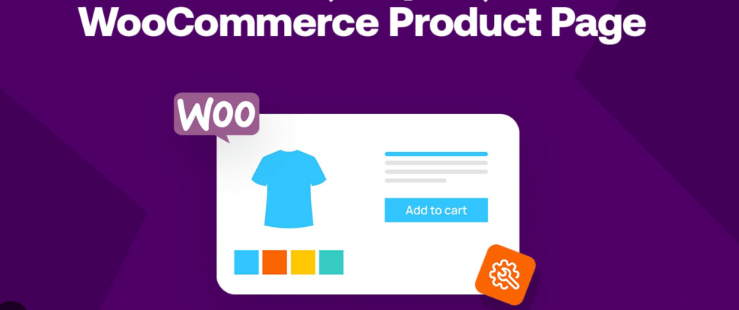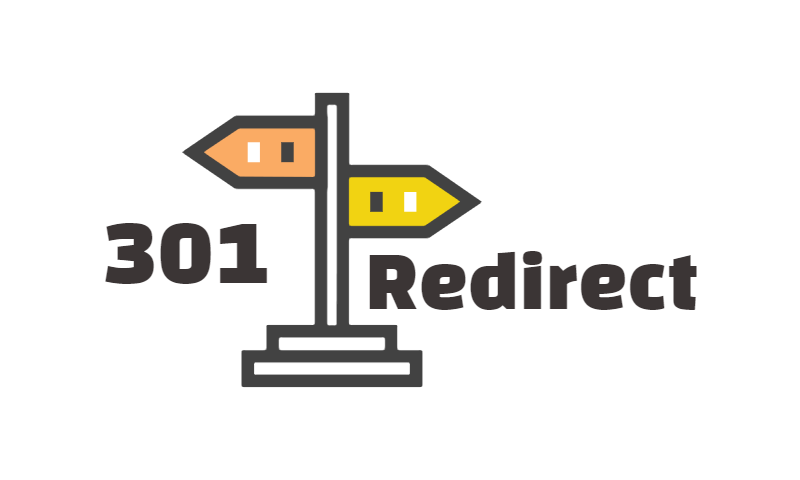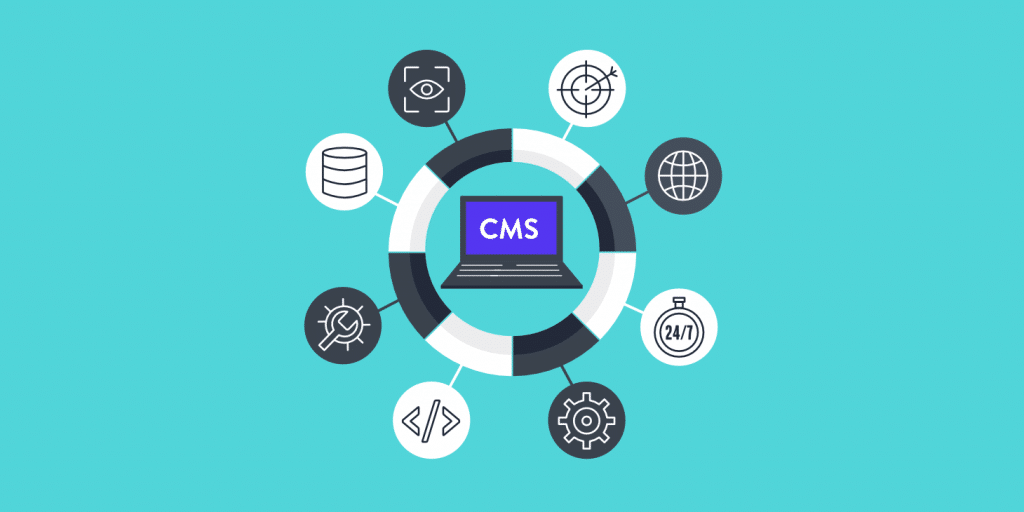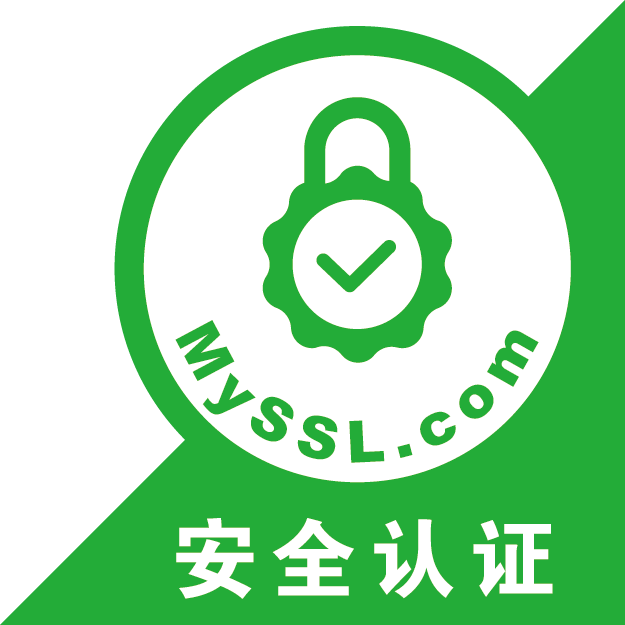e-commerceWebsites are most afraid of inventory inaccuracies - if they sell too much, they can't ship the goods, and if they sell too little, they are overstocked. With WooCommerce's API and Webhook function, you can synchronize inventory data with warehouse system (ERP/WMS) in real time to solve these problems. Here is how to do it.
![Image[1]-WooCommerce API combined with Webhook to achieve inventory synchronization: a complete implementation of the scheme](http://gqxi.cn/wp-content/uploads/2025/07/20250705110920333-image.png)
1. Why synchronize inventories
The importance of inventory synchronization for e-commerce platforms is reflected in:
- Avoid oversold: When selling through multiple channels, if the inventory is not synchronized, it may be sold out of stock.
- Increased efficiency of shipments: ERP/WMS real-time acquisition WooCommerce Latest orders, timely shipment
- automated operations: Reduce manual inventory reconciliation and error rates
- data consistency: Inventory information is always up-to-date and financial, sales and warehousing systems are aligned
2. Differences and cooperation between WooCommerce API and Webhook
- WooCommerce API: for Unsolicited requests and operations data, such as checking product inventory and updating inventory quantities.
- WooCommerce Webhook: for Receive event notifications passivelyWhen an order is created or updated, WooCommerce automatically pushes an event to the designated URLThe
![Image [2]-WooCommerce API combined with Webhook for inventory synchronization: a complete implementation](http://gqxi.cn/wp-content/uploads/2025/07/20250705111758981-image.png)
The combination of the two can be realized:
Webhook listens for order changes(if new orders are deducted from stock)
API Updates Inventory Information(e.g. ERP returns actual inventory quantities to WooCommerce)
3. Overall process for synchronization of inventories
The following is the inventory synchronization logic between WooCommerce and ERP/WMS:
- WooCommerce Webhook Notifications for ERP
- Webhook triggered when a new order is created in WooCommerce
- Send order details (including item SKUs and quantities) to the ERP system
- ERP updates actual inventory based on inventory deduction logic
- ERP Updates WooCommerce stockpiles
- When warehouse receipts, replenishments, or other system inventory changes are made
- ERP calls through the WooCommerce API to update the inventory of the corresponding product.
![Image [3]-WooCommerce API combined with Webhook for Inventory Synchronization: Complete Implementation Solution](http://gqxi.cn/wp-content/uploads/2025/07/20250705112001827-image.png)
4. Configuring the WooCommerce Webhook
4.1 Creating a Webhook
- log in WordPress the area behind a theatrical stage
- Go to [WooCommerce] > [Settings] > [Advanced] > [Webhook].
![Image [4]-WooCommerce API combined with Webhook for Inventory Synchronization: Complete Implementation Solution](http://gqxi.cn/wp-content/uploads/2025/07/20250705112112878-image.png)
- Click Add Webhook
![Image [5]-WooCommerce API combined with Webhook to achieve inventory synchronization: a complete implementation of the scheme](http://gqxi.cn/wp-content/uploads/2025/07/20250705112132630-image.png)
4.2 Configuration parameters
- name (of a thing): e.g. "Order Created Webhook"
- state of affairs: Activation
- thematic: Select "Order Created".
- Delivery URL: Fill in the URL of the interface for receiving notifications in the ERP system.
- API Version: Select the latest v3
![Image [6]-WooCommerce API combined with Webhook for Inventory Synchronization: Full Implementation Solution](http://gqxi.cn/wp-content/uploads/2025/07/20250705112236789-image.png)
After saving.WooCommerce Pushes order JSON data to the ERP interface every time a new order is created.
5. Using the WooCommerce API to update inventory
When the ERP receives the order and completes the inventory deduction process, it needs to synchronize the latest inventory back to WooCommerce.
5.1 Request path
API Endpoint for updating the inventory of individual items:
PUT /wp-json/wc/v3/products/{product_id}5.2 Request parameters
Example of a JSON request body:
{
"stock_quantity": 95, // updated stock quantity
"manage_stock": true // enable stock management
}5.3 Example of a cURL request
curl -X PUT https://example.com/wp-json/wc/v3/products/123 \
-u consumer_key:consumer_secret \
-H "Content-Type: application/json" \
-d '{
"stock_quantity": 95,
"manage_stock": true
}'
6. Cautions
API Authentication Configuration
- Consumer Key and Secret generation is required to use the WooCommerce REST API.
![Image [7]-WooCommerce API combined with Webhook for Inventory Synchronization: Complete Implementation Solution](http://gqxi.cn/wp-content/uploads/2025/07/20250705113538925-image.png)
- Ensure that the ERP system preserves and securely manages API keys
Webhook Secure Authentication
- The WooCommerce Webhook request header will contain a signature that can be verified on the ERP receiver side with HMAC-SHA256 to confirm the origin
API Call Frequency Limit
- WooCommerce itself does not have a strict rate limit, but the server configuration may limit too many requests in a short period of time, it is recommended to do a good job of queuing or throttling processing
Multi-warehouse processing
- If you are using multiple warehouses, you need to calculate the total inventory in ERP based on the regional inventory and then update it to the WooCommerce
7. Advanced Extension Program
- bi-directional synchronization
In addition to ERP updating WooCommerce, if inventory is manually changed in the WooCommerce backend, the changes can also be pushed to ERP via a Webhook for true two-way synchronization. - Middleware Queue Architecture
For platforms with large order volumes, middleware (e.g. RabbitMQ, Redis queues) can be used to buffer requests between WooCommerce and ERP to ensure system stability. - Product SKU Correspondence Table
Ensure that WooCommerce and ERP product SKUs are aligned to avoid updating the wrong products.
summarize
expense or outlayWooCommerce APIand Webhook features can automatically synchronize inventory data with real-time updates to avoid these problems. Whether you are connecting to a warehouse system or multi-platform management, as long as you have a good grasp of inventory change alerts and data updates, you can make inventory management easy and efficient.
Link to this article:http://gqxi.cn/en/65730The article is copyrighted and must be reproduced with attribution.

























![Emoji[jingya]-Photonflux.com | Professional WordPress repair service, worldwide, rapid response](http://gqxi.cn/wp-content/themes/zibll/img/smilies/jingya.gif)






No comments